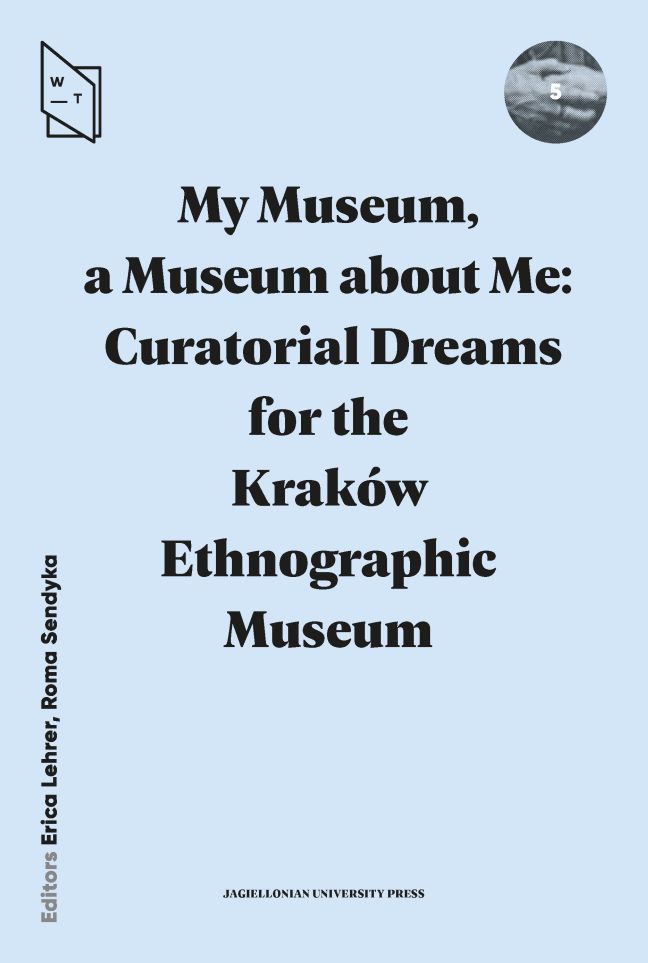The Virus of Trans-Formation Haunts the Museum
Published online by Cambridge University Press: 01 March 2024
Summary
A hacker is someone who produces an unprecedented transformation. The area of their action is a gray zone—a hole or gap in defenses—and the results of their operation are always tied to some excess: supplying content where there was a lack emerging due to neglect or omission, and adding “something extra” from oneself—modified content. Deciphering, breaking the code, gaining access to information that is for various reasons concealed, and using it for different ends—these are the basic premises of hacking. As a result of such action everything that up to this point we called private property, belonging to us (and only to us), undergoes—by degrees—collectivization. In June 2017, a hacker's attack was conducted in the Kraków Ethnographic Museum. Only a few hours were required to pose a threat to the formula of the exhibition. In the tone of Andrzej Leder's “exercises in historical logic,” the authors of the artistic intervention My Museum, a Museum about Me: Or who owns the legacy of the Polish village? offered visitors the opportunity to wake up, because—as Walter Benjamin observes—“so must every presentation of history begin with an awakening.” Viewers needed to abandon, at last, the silver dreams of Salome—the great Polish phantasm—and turn to the ethical project, whose bet is—fulfilling the historical function of being-in-the-world (In-der-Weltsein)—the Heideggerian experience of the truth. This truth refers to the capacity to remember (to be a subject and a part of the post-war collective) events that do not possess—in the case of the exhibit—precise caesuras of time. The point here then would be a movement into the space of the social revolutions of which the contemporary subject has been unconscious, resulting in a phantasm of the Polish village. Exercises in historical logic (conceived by Leder and realized by the authors of the intervention) have the task of restoring “stolen” meaning. Deciphering (via hacking) figures and spaces which have been permanently darkened, pushed completely from contemporary consciousness. The intervention My Museum, a Museum about Me—which I treat as a technique of memory—was intended above all to make us aware of the stakes of our work.
- Type
- Chapter
- Information
- My Museum, a Museum about MeCuratorial Dreams for the Kraków Ethnographic Museum, pp. 181 - 184Publisher: Jagiellonian University PressPrint publication year: 2023

